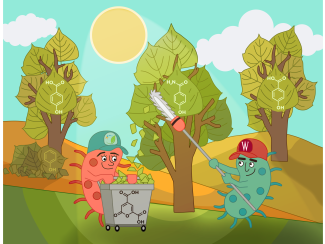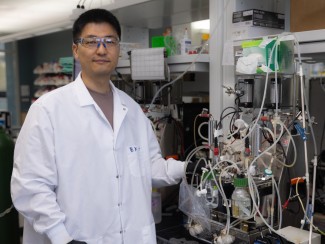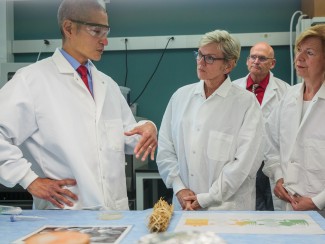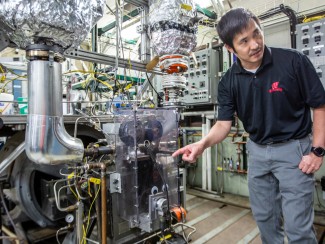Media coverage of WEI this month focused on lignin research, solar and nuclear technology, climate change, and the many uses of microbes–including brewing!
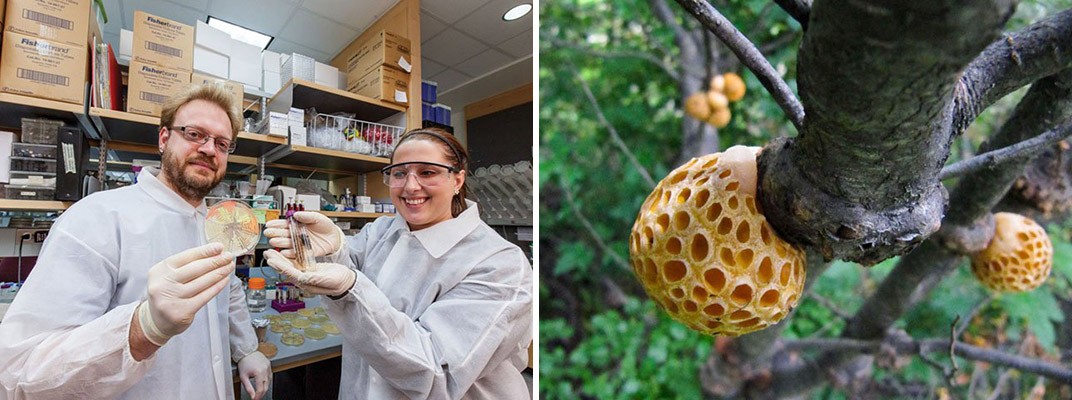
Climate change is destroying our national parks at an alarming rate, study finds

Washington Post
A new study published has warned that climate change has adversely and uniquely affected many of the 417 national parks spread across the United States and its territories, according to scientists from the University of California at Berkeley and University of Wisconsin–Madison.
Featured Researchers
New solar hybrid combines energy storage with record system efficiency

Utility Dive
A team of researchers from the UW–Madison and the King Abdullah University of Science and Technology in Saudi Arabia say they are developing a highly-efficient solar system which integrates photovoltaics, storage and energy delivery.
Featured Researchers
Magical microbe

Isthmus
Scientists at UW–Madison are partnering with the Wisconsin Brewing Company to explore how native yeast might help create new flavors of beer.
Featured Researchers
Nuclear technology: opportunities and hurdles in research and development

Wisconsin Public Radio
The Nuclear Energy Innovation Capabilities Act, signed into law in September, is aimed at speeding up the development of advanced nuclear reactors around the country. We learn about nuclear innovations and the challenges and opportunities facing nuclear technology with engineers from the Wisconsin Energy Institute.
Featured Researchers
Catechyl lignin could produce commodity chemicals

Physicsworld
A recently discovered form of lignin known as catechyl (or C-) lignin could be used in biorefineries to produce biofuel. This is the new finding from a team of researchers at UW–Madison who say that C-lignin can be readily processed to yield 90% of valuable commodity chemicals – something that is unimaginable for ordinary lignin.
Featured Researchers
Wisconsin hydrogen breakthroughs may be steps toward cleaner energy

WUWM
Wisconsin scientists have made two breakthroughs that may help hydrogen become a bigger player in renewable energy production and storage. While the researchers say there's still a long way to go with their work, it's a step toward the "hydrogen economy" some were predicting nearly 20 years ago.

